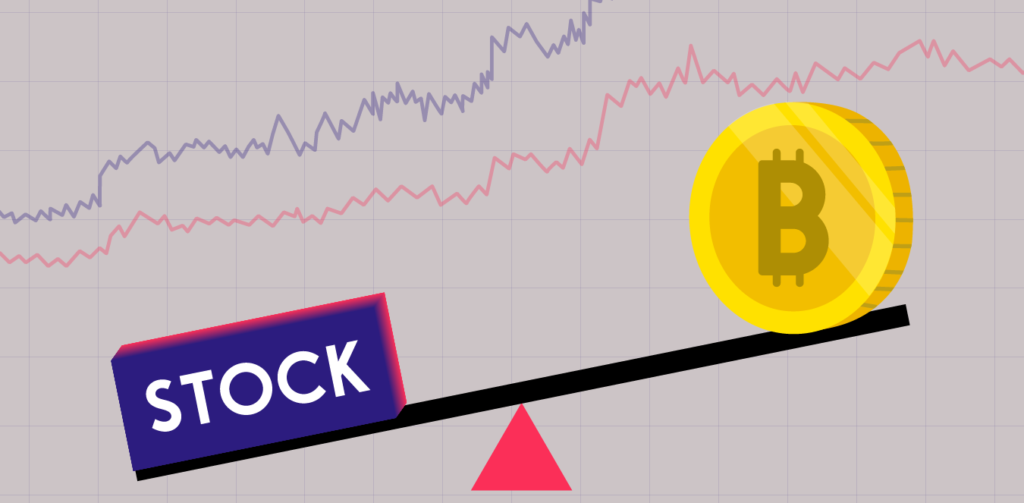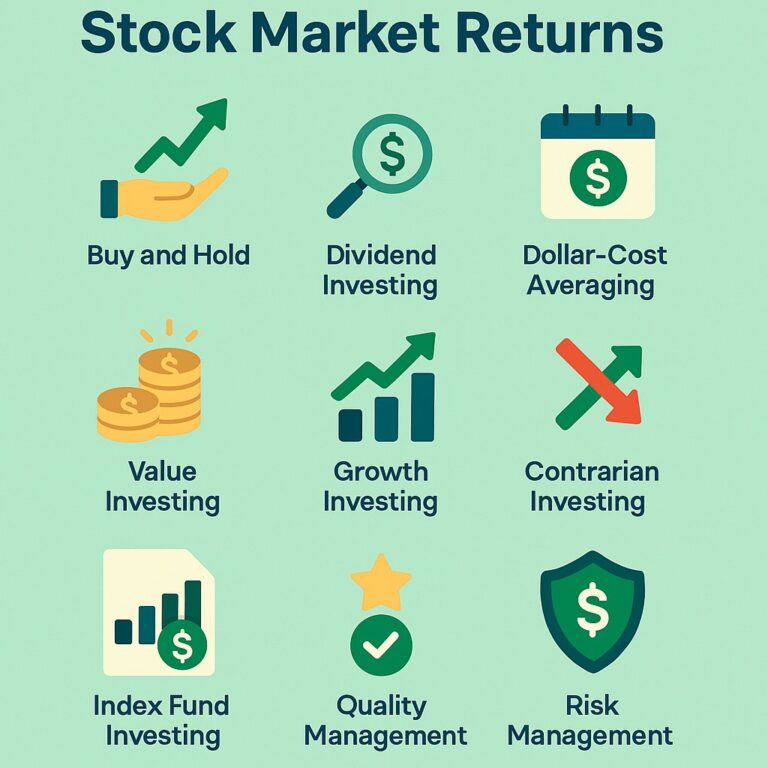Stock Market vs. Cryptocurrency: Which is the Better Investment
In recent years, the financial landscape has seen a seismic shift with the rise of cryptocurrency, challenging the dominance of the traditional stock market. Investors, both seasoned and new, are now faced with a critical decision: should they park their money in time-tested stocks or bet on the high-risk, high-reward world of crypto? This article explores the key differences, risks, and potential rewards to help you decide where to invest your hard-earned money.

What is the Stock Market?
The stock market is a well-established financial marketplace where investors buy and sell shares of publicly traded companies. By owning stocks, you hold partial ownership in a company and may earn profits through dividends and capital appreciation. Over time, the stock market has proven to be a reliable wealth-building tool, especially for long-term investors.
Pros:
- Stability: Historically delivers steady returns over decades.
- Regulation: Heavily regulated by government bodies like the SEC.
- Liquidity: High liquidity, especially with blue-chip stocks.
- Dividends: Provides passive income through dividends.
Cons:
- Market Volatility: Prone to fluctuations due to economic and geopolitical events.
- Slower Growth: Compared to high-risk assets, returns may be modest.
What is Cryptocurrency?
Cryptocurrency is a digital asset based on blockchain technology, offering a decentralized alternative to traditional financial systems. Bitcoin, Ethereum, and thousands of altcoins have gained popularity for their potential to deliver extraordinary returns. However, with great reward comes significant risk.
Pros:
- High Returns: Early adopters have seen life-changing profits.
- Decentralization: Not controlled by banks or governments.
- Global Access: Anyone with internet access can invest.
- Transparency: Blockchain technology offers transparent transaction records.
Cons:
- Volatility: Prices can fluctuate drastically within hours.
- Regulatory Uncertainty: Rules and laws around crypto are still evolving.
- Security Risks: Hacking and scams are prevalent.
- Limited Adoption: Despite growing interest, real-world usage remains limited.

Volatility: Steady vs. Wild Swings
One of the most noticeable differences between stocks and crypto is volatility.
- Stock Market: Stocks experience volatility, but price movements are usually gradual unless triggered by major events.
- Cryptocurrency: Crypto prices can fluctuate by double digits in a single day, driven by market sentiment, regulatory news, or social media hype.
For risk-averse investors, the stock market offers a more predictable ride, while thrill-seekers might find the crypto market more appealing.
Regulation and Security
- Stock Market: Strongly regulated by government authorities, offering investor protection through stringent reporting standards and market oversight.
- Cryptocurrency: Regulation is still catching up. While decentralized, this also means higher risks of fraud, hacks, and market manipulation.
If security and regulatory clarity are priorities, stocks are the safer bet.
Liquidity: Easy In, Easy Out?
Liquidity measures how quickly you can buy or sell an asset without affecting its price.
- Stock Market: Highly liquid, especially in major markets like the NYSE or NASDAQ.
- Cryptocurrency: Liquidity varies. While Bitcoin and Ethereum are highly liquid, smaller altcoins can suffer from low liquidity.
For those who may need to cash out quickly, stocks provide more reliable liquidity.
Investment Horizon: Short-term vs. Long-term
Investment timeframes often dictate the preferred asset class.
- Stock Market: Suited for long-term investing. Time in the market often beats timing the market, thanks to compounding.
- Cryptocurrency: Many view crypto as a short to medium-term play due to its volatility. However, long-term holders (HODLers) believe that major coins will appreciate over time.
Diversification: A Balanced Portfolio
Diversification helps mitigate risk by spreading investments across different asset classes.
- Stock Market: Investors diversify by investing in various sectors, geographies, and asset types (e.g., bonds).
- Cryptocurrency: Diversification within crypto means holding multiple coins, but market correlations often mean prices rise and fall together.
A well-balanced portfolio could include both stocks and crypto, depending on risk tolerance.
Tax Implications
- Stock Market: Taxes on stock gains are well-defined. Long-term capital gains (held for more than one year) are taxed at lower rates than short-term gains.
- Cryptocurrency: Taxation is complex. In many jurisdictions, each crypto transaction is a taxable event. Keeping accurate records is essential.
Understanding tax liabilities can help avoid unwelcome surprises during tax season.
Potential for Innovation and Growth
- Stock Market: Represents well-established companies with proven track records, though innovation can still drive growth (e.g., tech stocks).
- Cryptocurrency: Still in the early stages, with the potential to disrupt industries like finance, healthcare, and supply chain management.
For those who believe in the transformative power of blockchain, crypto offers a high-risk, high-reward opportunity.
Risk Management Strategies
Regardless of where you invest, managing risk is essential.
- For Stocks: Diversify across sectors, consider index funds, and maintain a long-term perspective.
- For Crypto: Invest only what you can afford to lose, diversify across coins, and use secure wallets.
Who Should Invest in Stocks?
- Risk-averse individuals seeking stable, long-term growth.
- Investors looking for passive income through dividends.
- Those who value regulatory oversight and market transparency.
Who Should Invest in Cryptocurrency?
- High-risk tolerance individuals seeking rapid returns.
- Tech enthusiasts who believe in blockchain technology.
- Investors looking to diversify beyond traditional assets.
Conclusion
The debate between stock market vs. cryptocurrency investments doesn’t have a one-size-fits-all answer. Stocks offer stability, steady returns, and regulatory security, making them ideal for long-term wealth building. On the other hand, cryptocurrencies present an opportunity for exponential growth but come with heightened volatility and regulatory uncertainty.
For most investors, a balanced portfolio combining both asset classes can offer the best of both worlds — stability from stocks and high growth potential from crypto. As with any investment, due diligence and understanding your risk tolerance are key to achieving financial success.
Learn stock market investing for beginners
Start your stock market investing journey







One Comment